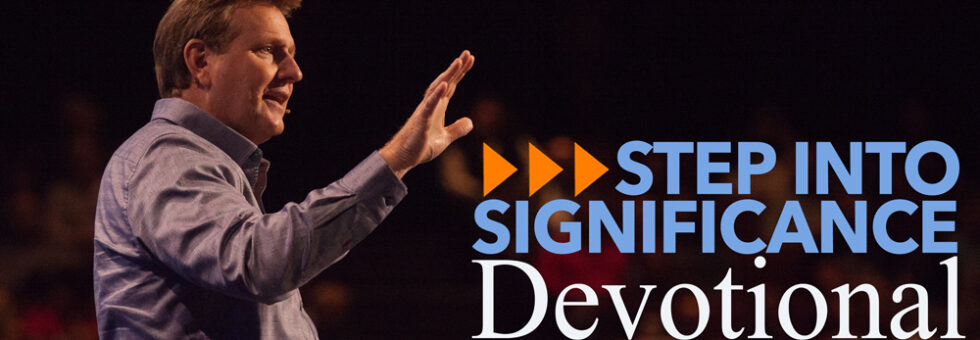G. K. Chesterton, renowned British author, once visited America. He later penned What I Saw in America about his travels, calling the U.S., “a nation with the soul of a church” because it was “founded upon a creed.”
That spiritual heritage is obvious all throughout our land. Read history, and you’ll find that all thirteen of our original colonies required political candidates to pass a religious test before holding public office. Visit our nation’s capitol, and you’ll see scriptures engraved on federal buildings. Read our Constitution, and you’ll notice God mentioned four times. What a heritage we’ve been given!
Unfortunately, a strong past spiritual heritage does not guarantee a solid future spiritual legacy. America has clearly strayed from her biblical roots, and if we don’t find them again, I believe we’re at risk for national failure.
I also believe, however, that we can undergo restoration. We can experience revival, but to do so, we must first understand what revival is.
Revivalist Charles Grandison Finney wrote, “A revival is not a miracle. A miracle has been generally defined to be a Divine intervention, setting aside, or suspending, the laws of nature.”
So revival is not divine intervention; it’s divine response—the natural result of our obedience to God’s Word.
We see this in the gathering of the early church in Acts 2. Verse 42 offers four characteristics of the Church that will bring revival to a generation every time. The first is that “they devoted themselves to the apostles’ teaching…” They sought the full truth, even when it convicted them, made them uncomfortable and required them to change.
Then, the verse says they devoted themselves to fellowship. They found godly people to live life with, and they stuck with them. Third, the early church committed themselves to Christ-centered living. The people followed commands laid out in Scripture, keeping their hearts and lives pure before God and one another.
Last, the early church focused on spirit-empowered prayer. They developed a relationship with the Holy Spirit—the Helper Jesus had left them. As they partnered with the God’s Spirit, He moved powerfully among them.
Verses 46-47 describe the result of their obedience: “They broke bread in their homes and ate together with glad and sincere hearts, praising God and enjoying the favor of all the people. And the Lord added to their number daily those who were being saved.” They experienced revival!
As Chesterton observed, the Church is the heart of our great nation. So let’s not take our cues from culture—receiving only teaching that’s comfortable and isolating ourselves from community. Instead, let’s embrace absolute truth, faithful fellowship, Christ-centered living, and Spirit-empowered prayer. If we do, history proves that revival will come.
I am honored to live in the greatest nation in the world—one that, throughout history, has sought to honor God and our fellow man. If we’ll embrace the early church’s example, I truly believe our best is still yet to come!


